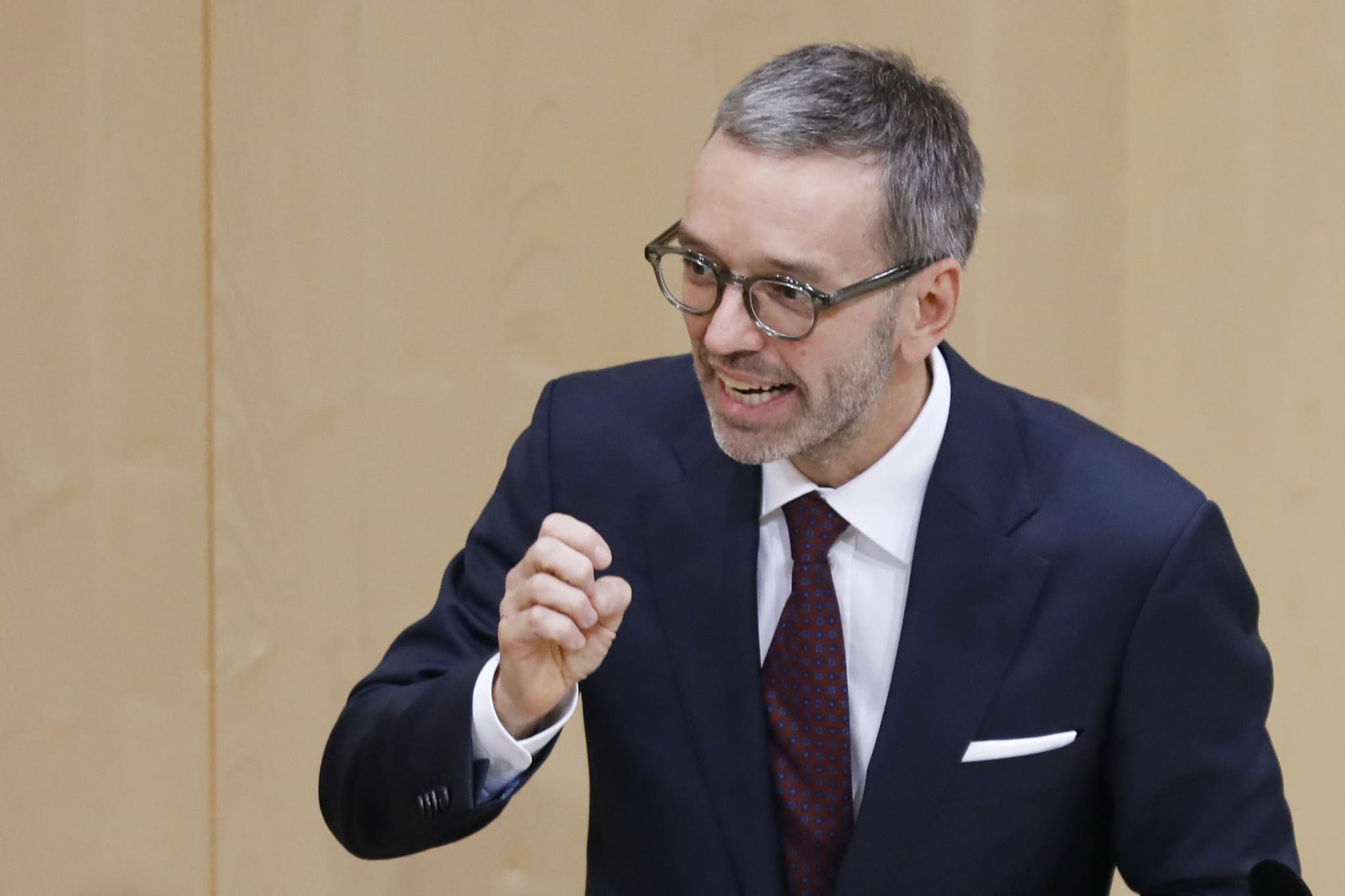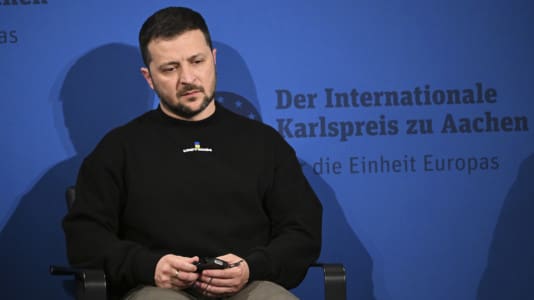The European Union and, in particular, the German government under Chancellor Olaf Scholz are dangerously leading an assault against member state sovereignty and contributing to Europe’s “suicide,” Herbert Kickl, the president of the conservative Austrian Freedom Party (FPÖ) has said.
In a blistering attack on neighboring Germany, Kickl said the administration in Berlin, with the help of Brussels, is intent on creating a United States of Europe in which national governments are no more than shell administrations subservient to the overarching EU executive.
“The idea of a community for the benefit of citizens has now become a project of self-appointed elites who act from above against the interests of the people,” Kickl claimed.
He accused Brussels of pushing forward with its goal of “a centralist superstate in which the member states increasingly lose their importance and self-determination.”
“They want to take more and more powers away from the nation-states and transfer them to Brussels in order to create the United States of Europe over the heads of the citizens,” he said, adding that a conservative Austrian government under his leadership would ensure that the country’s sovereignty is preserved.
The remarks are a response to recent attempts by some EU member states, led by Germany, to remove the requirement of unanimity when voting on issues related to foreign policy and defense. German Chancellor Scholz has long claimed the European Union must switch to a qualified majority voting (QMV) system, a move critics argue will take sovereignty away from nation-states.
The push for QMV is being lobbied heavily by Belgium, Finland, France, Germany, Luxembourg, the Netherlands, Slovenia and Spain. It would mean that key foreign policy issues could be pushed through the European Union with the consent of just 15 member states, providing those countries in favor comprise 65 percent of the EU population.





